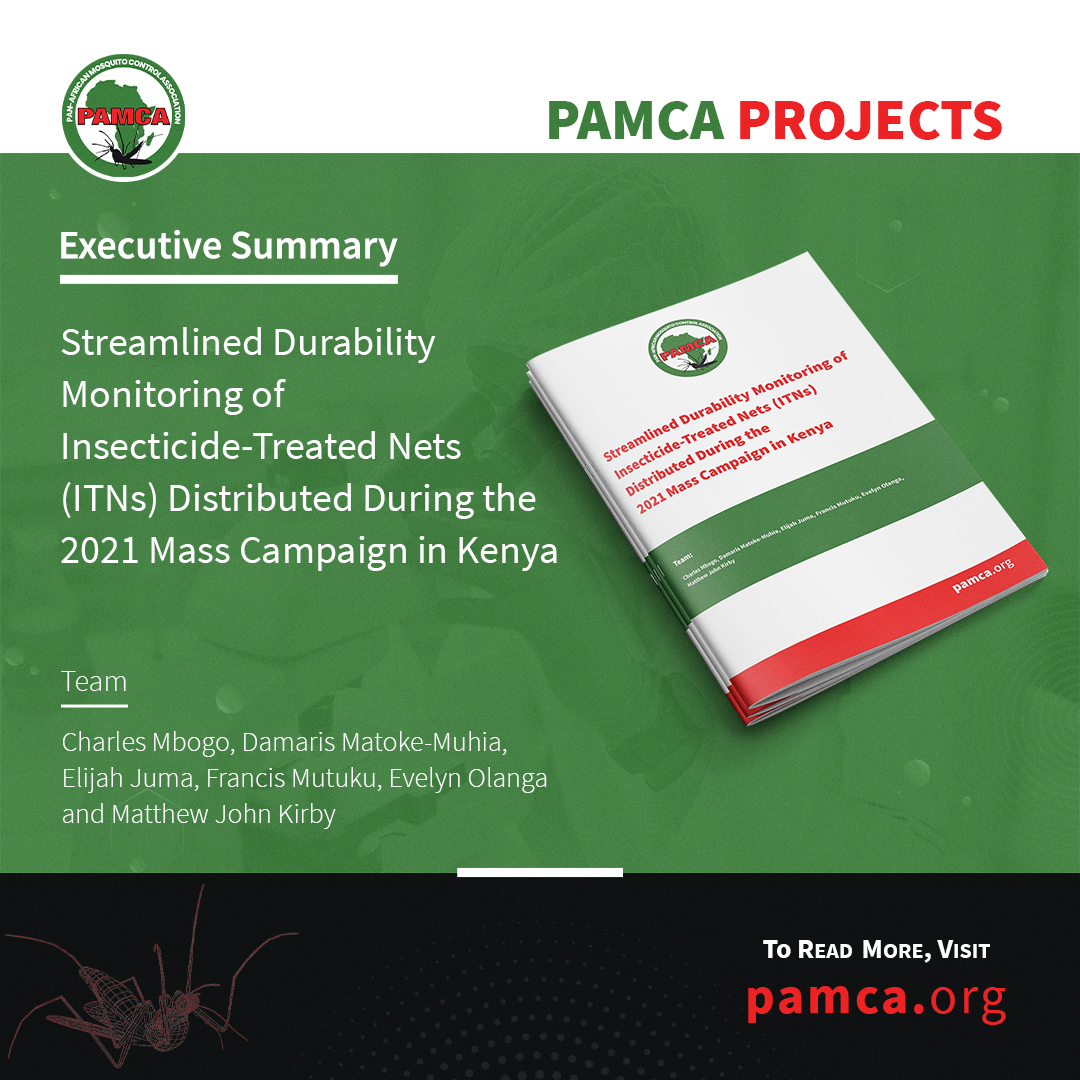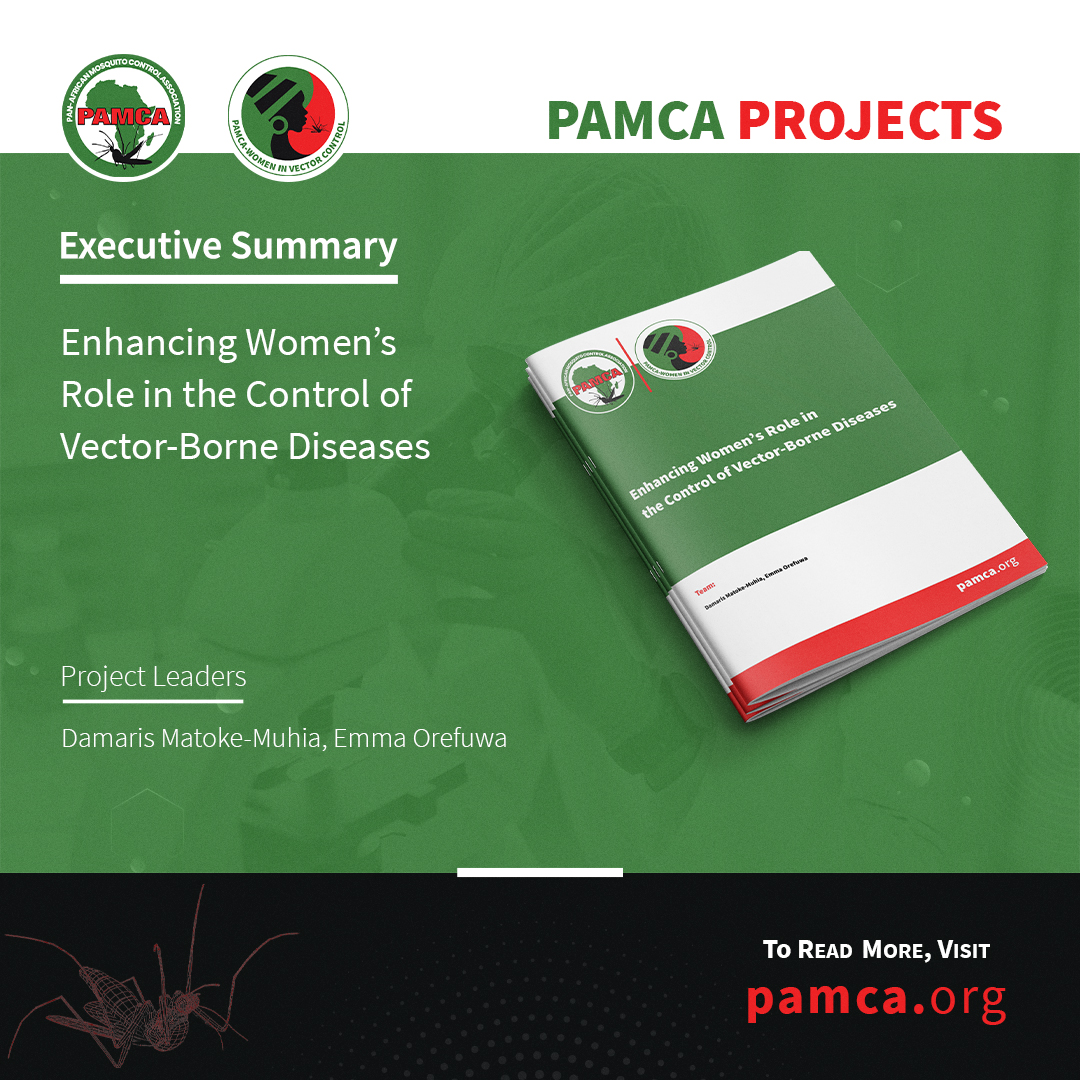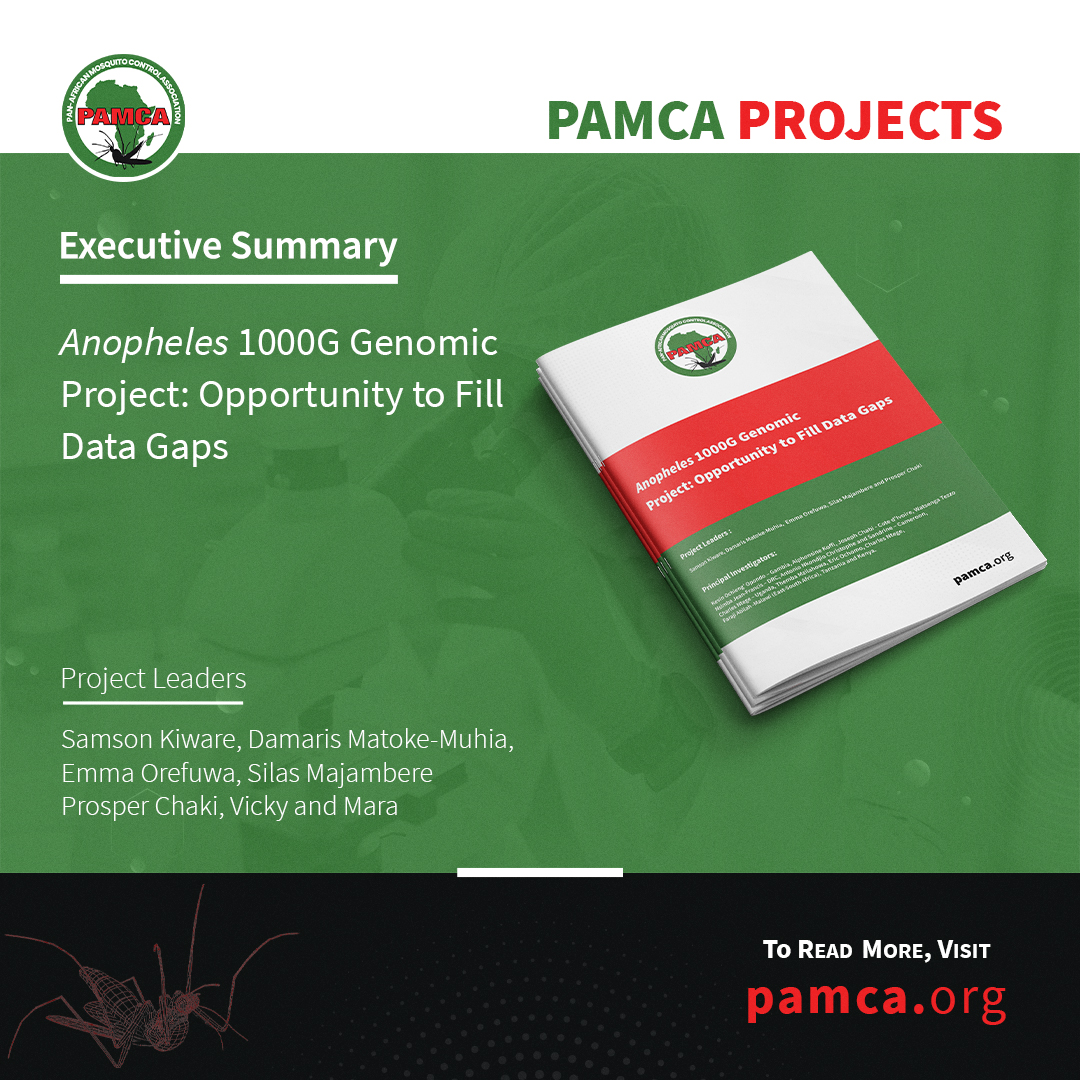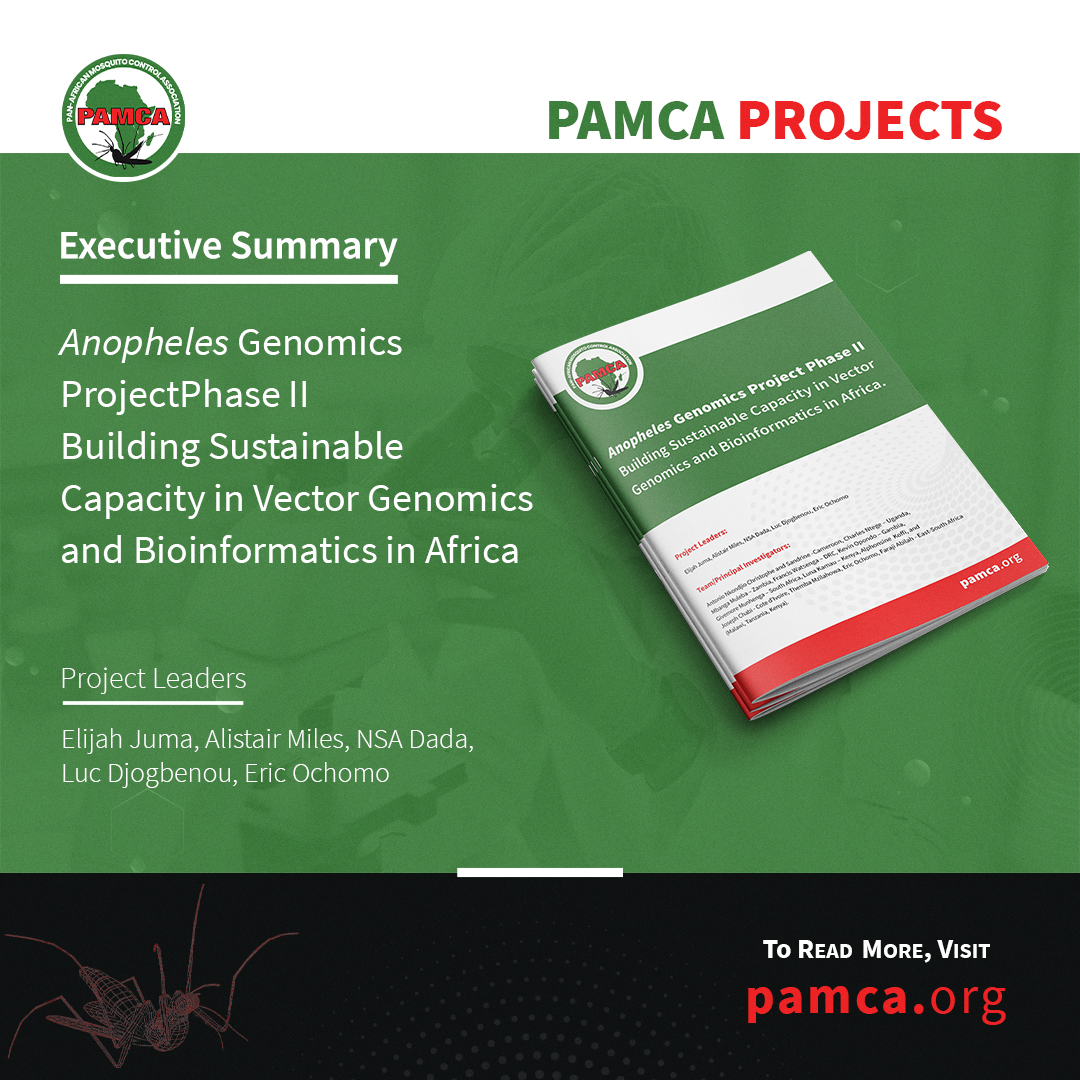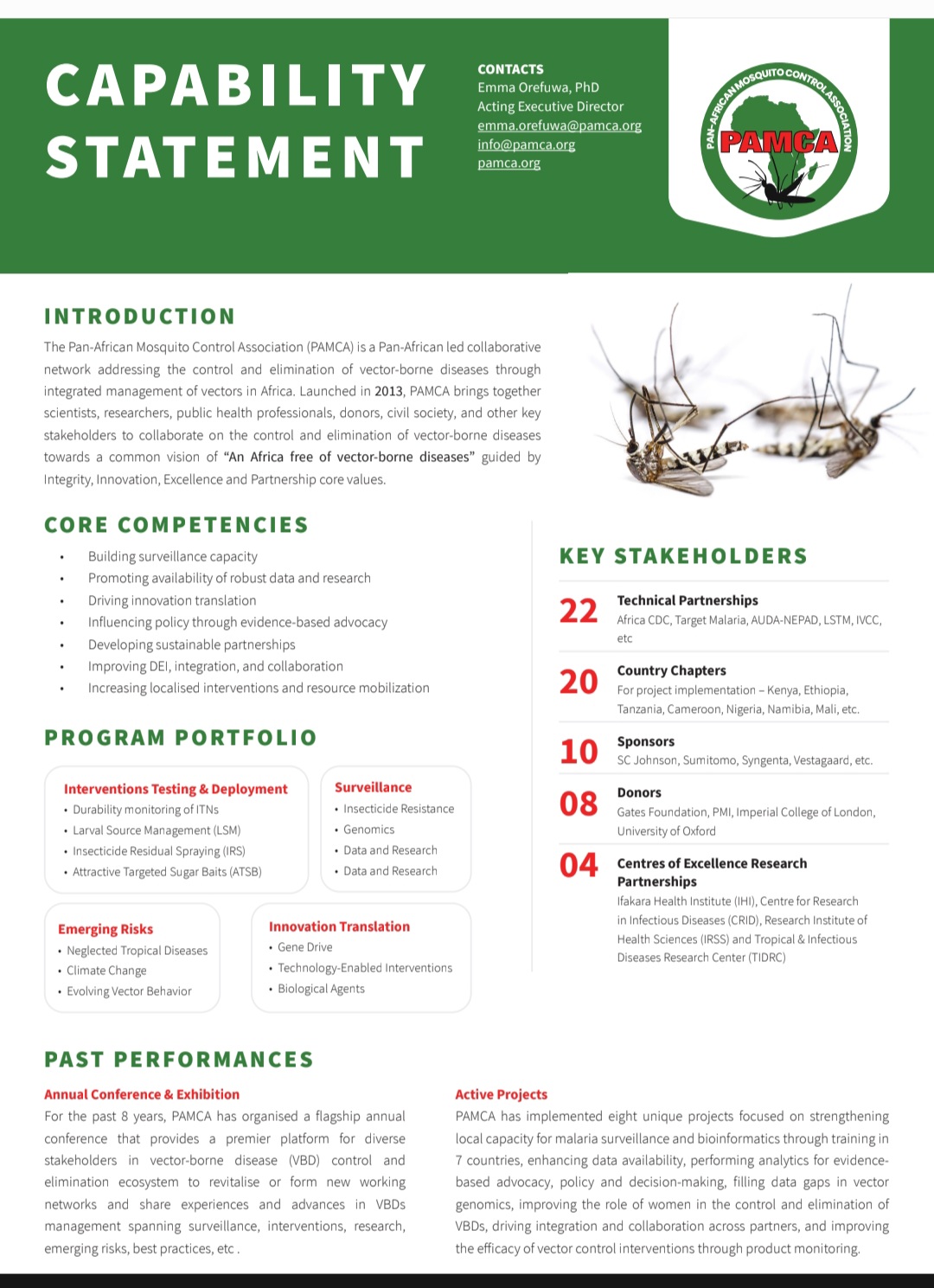Streamlined Durability Monitoring of Insecticide-Treated Nets (ITNs) Distributed During the 2021 Mass Campaign in Kenya
The study is to monitor the durability of Insecticide-Treated Nets (ITNs) distributed through mass campaigns in two locations in Kenya, Busia and Kakamega Counties. All three aspects of ITNs durability: insecticidal effectiveness (Bio-assays) and physical condition of nets (integrity) will be assessed directly while the loss of nets (attrition) will be assessed indirectly. The basic design is that of a cohort study where a represe[...]

